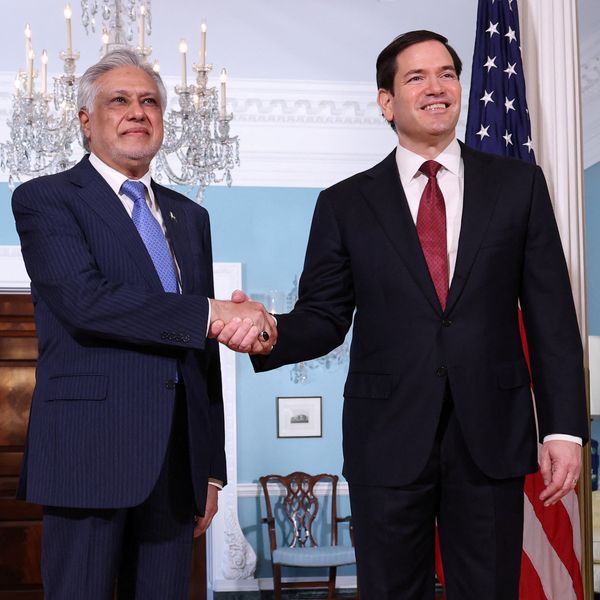Business confidence in Pakistan hits 4-year high, Gallup survey shows
Optimism rises on improved political and economic stability, though inflation, energy costs, and power outages continue to weigh on sentiment
Business Desk
The Business Desk tracks economic trends, market movements, and business developments, offering analysis of both local and global financial news.

A man walks with sacks of supplies on his shoulder to deliver to a nearby shop at a market in Karachi, Pakistan
Reuters
Confidence among Pakistani businesses has surged to its highest level in nearly four years, according to Gallup Pakistan’s latest Business Confidence Survey, signaling cautious optimism despite ongoing challenges such as inflation, high energy costs and power outages.
The Q2 2025 survey, conducted from July 23 to 27 across 524 businesses in the manufacturing, services, and trade sectors, revealed a significant rebound in how businesses perceive the overall direction of the country.
Gallup’s “Direction of the Country” score improved to -2%, a sharp recovery from more pessimistic readings in late 2024. While still slightly negative, the figure represents the highest confidence level recorded since the fourth quarter of 2021.
“This uptick suggests a moderate easing of political and economic uncertainty from the perspective of the business community,” the report stated.
The findings also show growing approval for Prime Minister Shehbaz Sharif’s economic stewardship. Forty-six percent of respondents rated the Pakistan Muslim League-Nawaz (PML-N) government’s handling of the economy as better than that of the previous administration led by Imran Khan’s Pakistan Tehreek-e-Insaf (PTI), up from 24% a year earlier.
“The mood among businesses is cautiously improving,” said Bilal Ijaz Gilani, executive director of Gallup Pakistan. “While the shift is incremental, it reflects a growing sense of stabilization among economic actors.”
Gilani noted that the most visible changes were in perceptions of national direction and trust in the government’s economic management. However, he cautioned that continued momentum depends on sustained macroeconomic reforms, policy consistency, and greater responsiveness toward informal sector businesses.
Business operations improving
Sixty-one percent of businesses described their current operations as “good” or “very good”, marking a six-point increase from the previous quarter.
The services and trade sectors posted the largest gains, while manufacturing showed slower signs of recovery.
Looking ahead, 61% of businesses expressed optimism about the coming months, though Gallup noted the Future Business Confidence score rose only one percentage point—suggesting expectations remain cautious.
Inflation, energy top concerns
Despite the uptick in sentiment, structural challenges persist. Inflation remains the top concern, cited by 28% of respondents as the most urgent issue requiring government action. Though inflation eased dramatically to 0.3% in April—down from a record 38% in May 2023—high utility costs (18%) and taxation (11%) continue to burden businesses.
Nearly half (47%) of surveyed businesses reported experiencing electricity load-shedding on the day of the interview—a lower figure than in previous years but still a significant operational hindrance.
Bribery declines
A notable finding was the decline in reported bribery. Only 15% of businesses said they had paid a bribe in the past six months, down sharply from 34% in Q4 2024. Bribery was most prevalent among traders (20%), followed by service providers (13%) and manufacturers (12%).
While still a concern, the decline could indicate improving transparency or increased risk aversion among businesses, the report said.
Overall, the survey points to a measured improvement in private sector sentiment. Business leaders are showing increased confidence in current operations and the country’s direction, but forward-looking optimism remains tempered by persistent issues such as inflation, energy reliability, and governance.
Gallup’s Business Confidence Index remains a key indicator of the private sector’s outlook and is widely used by policymakers to guide economic strategy.










Comments
See what people are discussing